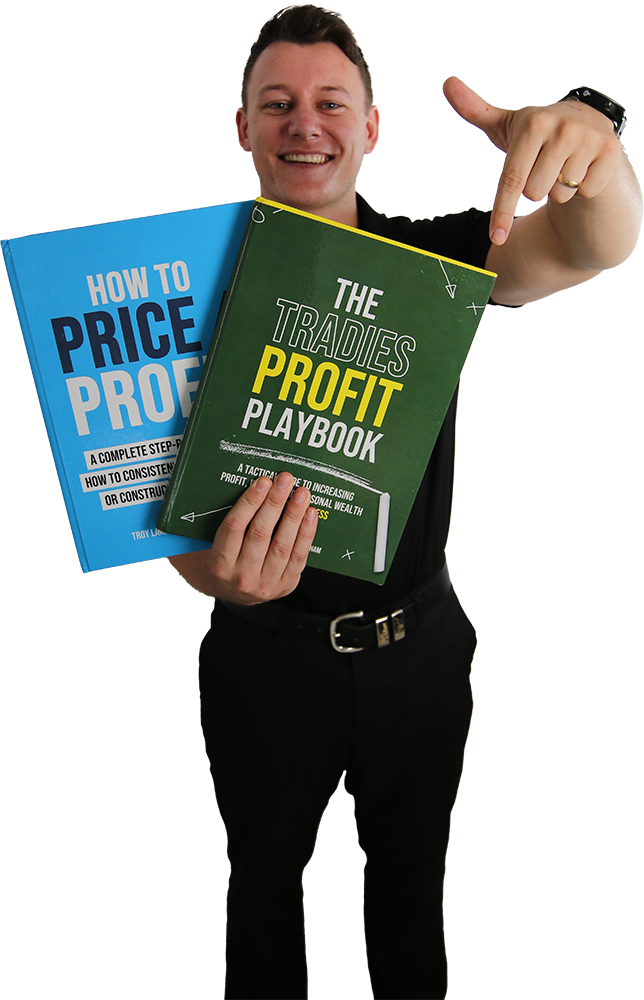Protecting your assets…
Have you ever thought to yourself when it comes to buying a new asset…
“Should I be buying this asset under my name or the trust/company name?”…
Well, the answer to this question isn’t exactly black and white, and there are a number of considerations that need to be looked at before making a decision.
It’s a great strategy to hold assets in an entity which is separate to your business, because this would allow you to then lease the asset back to the business to use in day-to-day operations while keeping the asset protected in the separate entity…
This does, however, then require more compliance come end of financial year because of the two different entities!
Land & Buildings...
The perfect example is to acquire land and buildings in an entity which is not the trading entity.
This strategy takes advantage of the ‘corporate veil’, which means that, in most cases, assets held outside of the business are not exposed to any trading company debts.
This logic makes sense in this scenario when considering the additional complexity/costs of having another entity, as your top priority is asset protection.
So, essentially, it’s worth it…
Plant & Equipment...
When considering which entity to purchase your plant and equipment, however, the value of the asset(s) needs to be considered.
Again, the goal here is to ultimately utilise the ‘corporate veil’.
So, if you are talking small amounts needed for tools or other miscellaneous items in the business, the additional costs needed for the separate entity would make this process ineffective.
However, if you have purchased a large amount of equipment (particularly if it’s not financed), it would make sense to purchase this in another entity so that it could never be at risk if things in the business went sour…
A good example of this might be an excavator!
Now, another question that might come to mind is whether or not it’s easy to transfer assets from one entity to another…
So, when transferring assets from one entity to another, you need to consider the following:
- Stamp duty on the transfers
- Administrative requirements on a separate entity (including invoicing for rent and managing expenses in the new entity)
- Additional bookkeeping and accounting fees
- Establishing the new asset holding entity
- Updating loans and insurance
Now, when it comes to actually purchasing assets, things like your businesses cash flow and credit eligibility are critical considerations…
Financing the asset allows you to keep cash reserves, which can then be used elsewhere in the business, however, you must also consider the total cost over time.
Paying cash will lead to bigger savings over time than a lease, which will in theory free up cash in the future… so there are pros and cons to both sides of the argument.
What you need to consider is the following…
- How long will you need the asset for? Is it for a short-term project?
- Will this new asset generate enough revenue to justify the expenditure?
- Will the assets technology become obsolete quickly?
- Is this purchase a top priority of the business right now?
- What will be the lifetime costs of this asset? i.e. servicing, maintenance, replacing components.
- Do you have enough cash reserved or cash flow to support the purchase?
So, to conclude…
Valuable assets should always be separated from a trading business.
However, in practice, things like risk of the business, debt against the assets and the cost/benefit of the extra complexity all come into play when deciding if it is economically viable to protect the assets in a separate entity.
If you would like to run your decision by Trade Business Accountants, click here to book in a free consultation with our team – we’d love to help.
If you're an electrician, plumber, painter, carpenter, or any other tradie business owner who is looking for assistance with your tax, accounting, and bookkeeping - click here to learn more!

